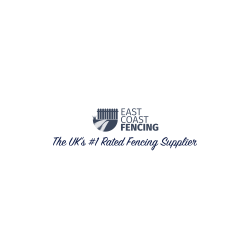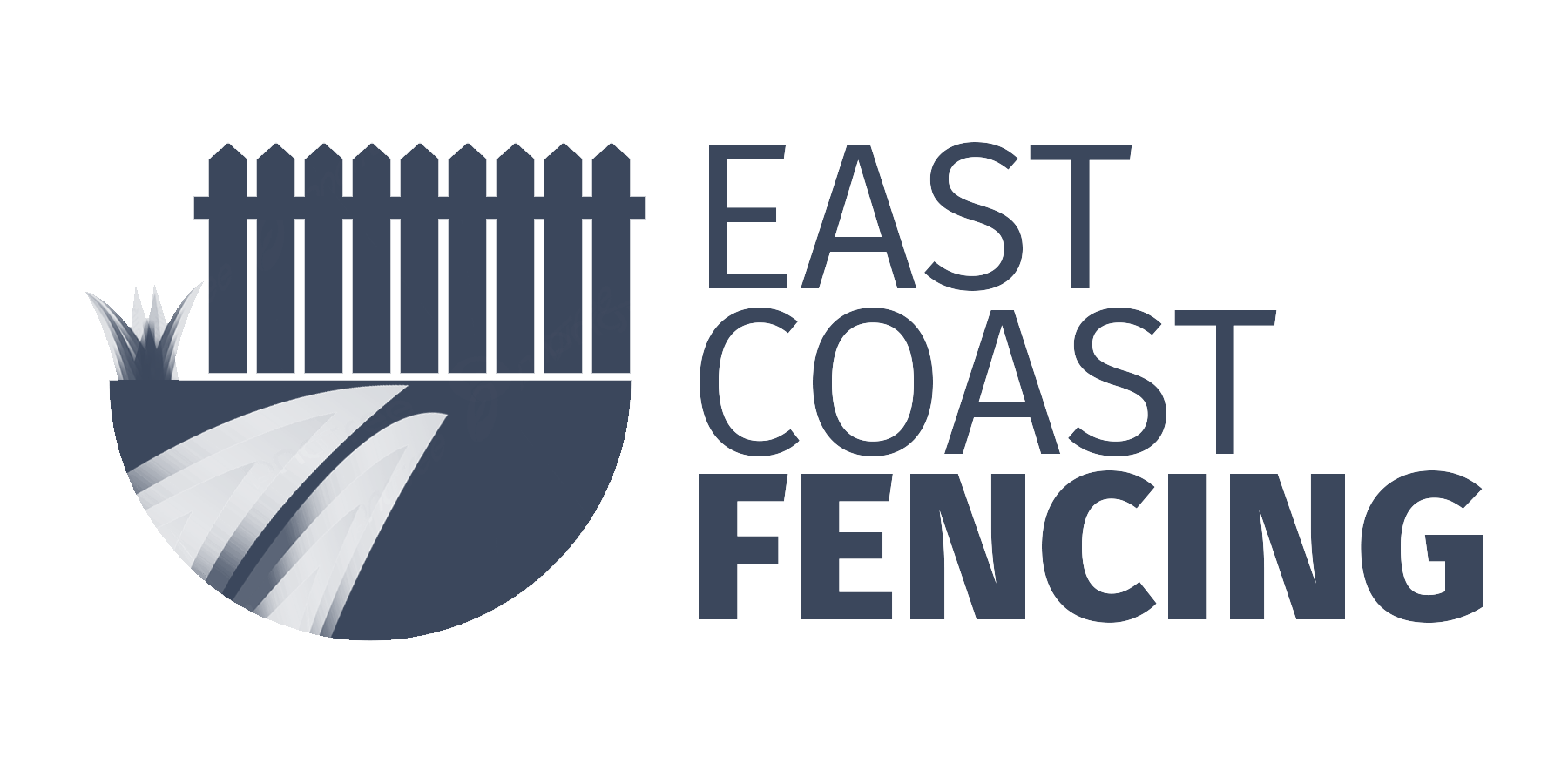The Best Time of Year to Install a Garden Fence: Your Ultimate Guide

When it comes to enhancing the privacy and aesthetics of your property, installing a garden fence is a wise decision. However, timing your fence installation can significantly affect both the durability of your fence and the smoothness of the installation process. At East Coast Fencing, we're committed to providing homeowners and DIY enthusiasts with not only quality wooden fence panels but also the knowledge to ensure your fencing project is a success.
Why Timing Matters
Choosing the right time to install a garden fence goes beyond merely picking a day when the weather is nice. Several factors including soil conditions, weather patterns, demand for contractors, and personal scheduling, play crucial roles in determining the best time of year for this outdoor project.
Seasonal Insights for Fence Installation
Spring
Spring is often considered the ideal season for outdoor projects, including fence installations. The weather is generally mild, making it comfortable to work outdoors. Additionally, installing your fence in spring means your garden will be ready to enjoy throughout the summer months. However, spring showers can make the ground wet and muddy, which may hinder the installation process. It's also a peak season for contractors, so scheduling might be challenging.
Summer
Summer offers dry conditions that are favourable for digging and setting posts, which are crucial steps in fence installation. The long daylight hours provide ample time to work on your project. However, the high demand for contractors continues into summer, and the intense heat may make outdoor work challenging.
Autumn
Autumn is another excellent time to consider installing your garden fence. The cooler weather makes manual labour more comfortable, and the reduced demand means easier scheduling with contractors and possibly lower prices. The ground is usually dry enough for easy digging but not yet hardened by winter frost. Completing your fence by autumn allows your landscape to settle and be ready for the next growing season.
Winter
Winter installations come with challenges, including frozen ground and unpredictable weather conditions, which can delay progress. Nevertheless, it can be the perfect time for those in milder climates or for keen DIY enthusiasts who can work around the weather. Contractors tend to have more availability, and you may benefit from off-season discounts.
Tips for Successful Fence Installation
- Plan Ahead: Regardless of the season, planning your fence installation project well in advance gives you ample time to choose materials, compare contractors, and obtain any necessary permits.
- Consider Professional Help: While DIY fence installation can be rewarding, hiring professionals can save time and ensure the job is done right. This is especially crucial if you're working under time constraints or during a less favourable season.
- Choose Quality Materials: A fence is only as durable as the materials used to build it. At East Coast Fencing, we supply high-quality wooden fence panels designed to withstand the UK weather, ensuring longevity and aesthetic appeal.
Conclusion
In conclusion, while spring and autumn may offer the most favourable conditions for fence installation, the best time ultimately depends on your specific circumstances, including local climate, soil condition, and personal scheduling preferences. By planning ahead and choosing the right materials, you can ensure a successful fence installation at any time of the year.
For homeowners and DIY enthusiasts looking to enhance their property with a quality garden fence, East Coast Fencing offers a range of wooden fence panels that combine durability with style. Visit our website to explore our products and find more valuable tips to help your garden fencing project thrive.















Leave a Comment